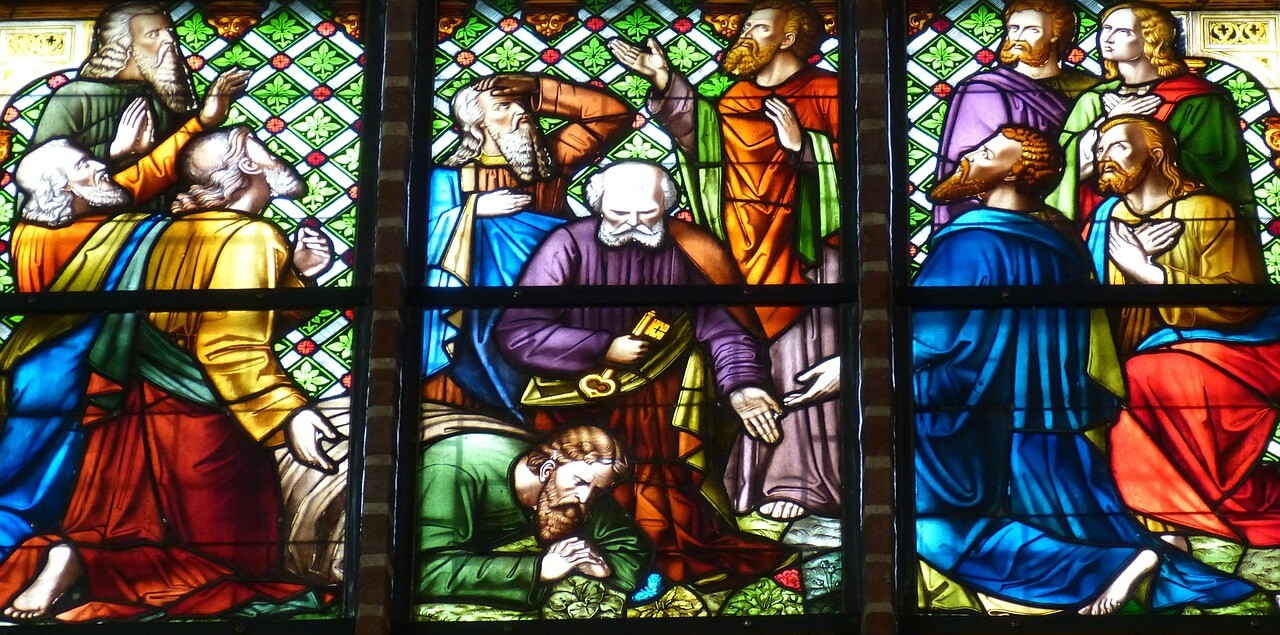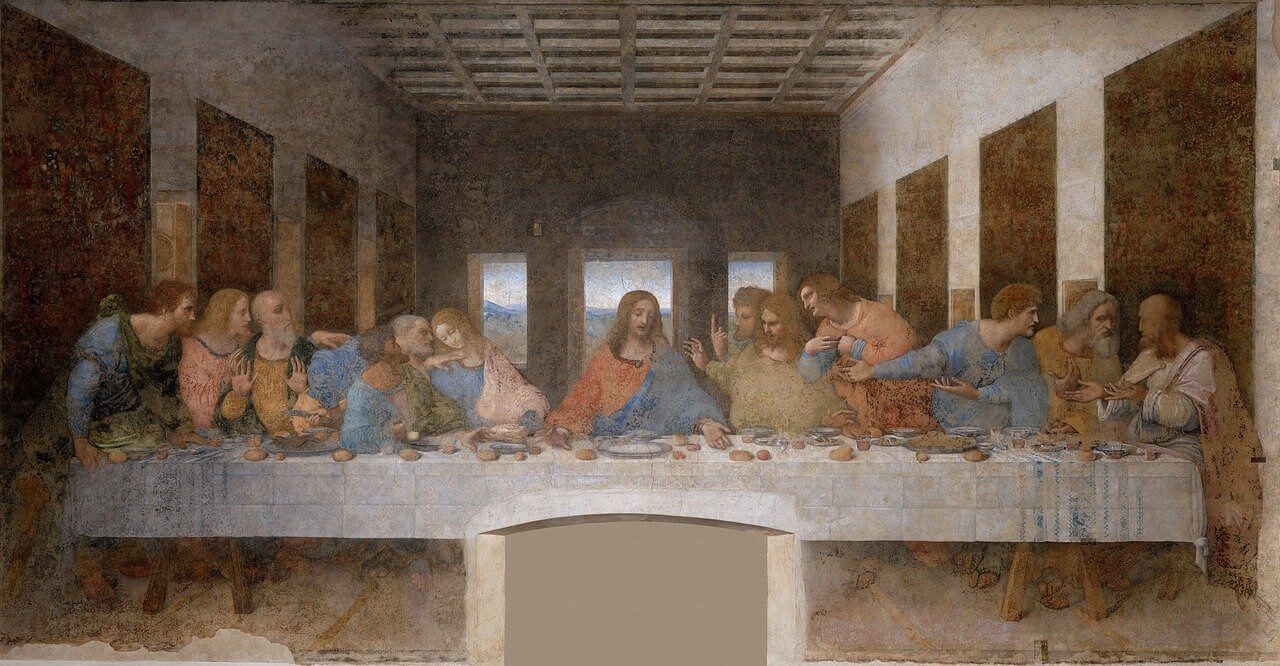Different texts of the New Testament use the terms Apostle and Disciple interchangeably. That’s why it can be confusing to differentiate between the two.
Were the 12 people closest to Jesus disciples or apostles? What about all the believers who were sent out to spread the Gospel?
In this quick guide, we explain the difference between apostle and disciple and which applies to who.
What You'll Learn Today
What’s the Difference Between Apostle and Disciple?

A disciple is a follower or learner. Apostle is a Greek term meaning “one who is sent off”.
Apostles are people on a mission to accomplish something, while disciples are people following and learning from a teacher or leader.
That leads to the common saying that all apostles are disciples but not all disciples are apostles.
You can see a clear distinction between these two terms in Luke 6:13.
“When morning came, he called his disciples to him and chose twelve of them, whom he also designated apostles.”
This clearly shows that Jesus actually had more than 12 disciples. He always travelled with a large following consisting of people who wanted to learn from him and others (including women) who supported his ministry.
Out of the many disciples, he selected 12 and appointed them to be apostles. They were people on a mission.
Another evidence that Jesus had more than a dozen disciples is in Luke 10:1 where Jesus sends out seventy two disciples.
“After this the Lord appointed seventy-two others and sent them two by two ahead of him to every town and place where he was about to go.”
You could say that these 72 disciples become apostles after this. Some churches actually refer to them as apostles.
Is It The 12 Disciples or Apostles?

It’s both.
The 12 closest followers of Jesus were his disciples first, and later became apostles spreading the gospel. In fact, the Gospels use the terms interchangeably to refer to the 12.
So you can call them the 12 disciples or the 12 apostles; you’ll be right in either case.
Is Paul an Apostle or Disciple?
Paul was originally Saul of Tarsus. He is considered to be the most important person, after Jesus, in spreading the gospel.
He was initially involved in the prosecution of Jesus’ disciples but later converted after Jesus appeared to him.
Afterwards, he started preaching and became a missionary. That’s why Paul is considered an apostle.
At no time was he ever a follower like the 12 disciples, hence he is not a disciple. He is the Apostle Paul.
Are There Apostles Today?
Based on the literal definition of these terms, there are no more disciples today since Jesus has ascended to heaven.
In a less strict sense, you could say you are a disciple of Jesus in that you follow his teachings and are eager to learn from his instructions.
What about apostles? There were apostles long after the ascension of Jesus. Are there apostles today?
This depends on the type of church or denomination.
The Catholic Church does not recognize any modern day apostles. They have the principle of apostolic succession where there’s continuity from the apostles to bishops.
Bishops carry out the same mission as apostles – spreading the gospel and taking care of the church.
Even among many protestant churches, the idea of modern day apostles is not common. Instead, we have missionaries and other believers who continue the work of the apostles.
thank-you for the infomation, this was always a question in my mind. and finding this web page makes ie easy for a person such as myself who dis abled and has mobility issues.